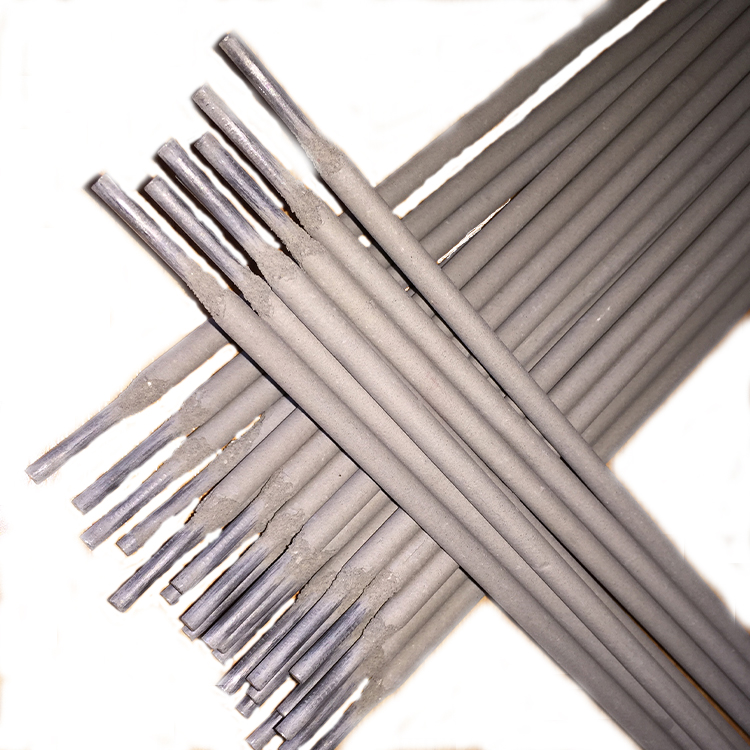316l electrodo
The Versatile Applications of 316L Electrodes in Welding
316L electrodes are a critical component in the field of welding, particularly when dealing with stainless steel. These electrodes are designed to enhance the quality and efficiency of welding processes, making them a preferred choice in various industries. Understanding the characteristics, advantages, and applications of 316L electrodes can help industrial professionals make informed decisions regarding their use.
What is 316L?
316L is a low carbon version of 316 stainless steel. This material is well-known for its excellent corrosion resistance, particularly against chlorides and other harsh chemicals, making it ideal for marine and chemical applications. The low carbon content in 316L minimizes the risk of carbon precipitation during welding, which can compromise the integrity of the weld joint.
Composition and Properties
316L stainless steel is composed primarily of iron, with significant amounts of chromium (16-18%), nickel (10-14%), and molybdenum (2-3%). The addition of molybdenum enhances its resistance to pitting and crevice corrosion, particularly in chloride environments. The low carbon content (typically below 0.03%) ensures that the material maintains its strength and ductility even after being welded.
When it comes to 316L electrodes, the same properties apply. They are engineered to provide a strong bond that retains the benefits of the base material. This makes 316L electrodes suitable for welding applications requiring high corrosion resistance and durability.
Advantages of 316L Electrodes
1. Corrosion Resistance One of the primary benefits of using 316L electrodes is their excellent corrosion resistance. This makes them suitable for use in environments where exposure to corrosive substances is common, such as in chemical processing plants and marine applications.
2. Strength and Ductility 316L electrodes maintain the mechanical properties of stainless steel, providing high strength and ductility. This ensures that welds can withstand stress and strain without breaking or cracking.
3. Ease of Use These electrodes are designed for easy handling and application. They can be used in various welding processes, including arc welding and MIG welding, allowing for versatility in different welding environments.
316l electrodo

4. Low Carbon Content The low carbon content reduces the likelihood of carbide precipitation in the heat-affected zone, leading to improved weld integrity and corrosion resistance.
5. Versatility 316L electrodes can be used for welding various types of stainless steel and even dissimilar metals, making them a flexible choice for different projects.
Applications of 316L Electrodes
The unique properties of 316L electrodes make them suitable for several industries and applications
- Chemical Processing In industries that deal with acids and other corrosive materials, 316L electrodes are employed to create strong, durable welds that withstand harsh conditions.
- Marine Engineering Their superior corrosion resistance makes them ideal for seawater applications, such as boat manufacturing and offshore structures.
- Food and Pharmaceutical Industries Hygiene standards in these fields necessitate the use of materials that minimize microbial contamination. 316L electrodes are frequently used to weld equipment intended for food and medical applications.
- Petrochemical Industry The ability to resist high temperatures and corrosive environments makes 316L electrodes suitable for pipelines and vessels in this sector.
Conclusion
In summary, 316L electrodes are an invaluable asset in the realm of welding, valued for their strength, corrosion resistance, and versatility. Their ability to withstand extreme conditions makes them an ideal choice for numerous applications across various industries. As technology continues to evolve, the demand for high-performance welding materials like 316L electrodes is likely to increase, underscoring the importance of understanding their properties and applications in contemporary welding practices. For professionals engaged in welding, selecting the right electrode can make a significant difference in the overall quality and longevity of their projects, and 316L electrodes stand out as a leading choice.
-
Premium 7018 Welding Rods Electrodes for Strong WeldsNewsJul.23,2025
-
E71T-1 Shielding Gas for Gas Shielded Cored Wire Welding SolutionsNewsJul.22,2025
-
Premium Submerged Arc Welding Wire | Efficient Quality SolutionNewsJul.21,2025
-
Premium Solid MIG Welding Wire - Strong, Low-Spatter WeldsNewsJul.21,2025
-
E71T-GS Self-Shielding Welding Wire | Gasless Outdoor UseNewsJul.20,2025
-
E312 Welding Electrode - High Corrosion Resistance & All-Purpose UseNewsJul.20,2025


